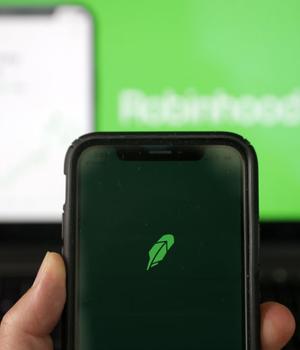Security News > 2021 > November > Robinhood Trading Platform Data Breach Hits 7M Customers

Investor trading app company Robinhood Markets has confirmed a data breach that affects the personal information of about 7 million customers - roughly a third of its user base.
The perpetrator attempted to extort the company, demanding payment in return for not releasing the stolen data.
This is especially important in an era when most employees work in a hyper-accelerated data environment, added Trevor Morgan, product manager with data security specialists comforte AG, in an email.
"One, build an organizational culture that values data privacy and encourages employees to slow down and consider all of the ramifications before acting on requests for sensitive information," he explained.
Two, IT leaders can consider data-centric security as a means to protect sensitive data rather than the perimeters around data.
"Tokenization, for example, not only makes sensitive data elements incomprehensible, but it also preserves data format so business applications and users can still work with the data in protected states. If you never de-protect data, chances are that even if it falls into the wrong hands, the sensitive information cannot be compromised."
News URL
https://threatpost.com/robinhood-trading-platform-data-breach/176106/
Related news
- PowerSchool previously hacked in August, months before data breach (source)
- Western Alliance Bank notifies 21,899 customers of data breach (source)
- Sperm donation giant California Cryobank warns of a data breach (source)
- Pennsylvania education union data breach hit 500,000 people (source)
- StreamElements discloses third-party data breach after hacker leaks data (source)
- Texas State Bar warns of data breach after INC ransomware claims attack (source)
- Food giant WK Kellogg discloses data breach linked to Clop ransomware (source)
- The quiet data breach hiding in AI workflows (source)
- Hertz confirms customer info, drivers' licenses stolen in data breach (source)
- Hertz data breach: Customers in US, EU, UK, Australia and Canada affected (source)